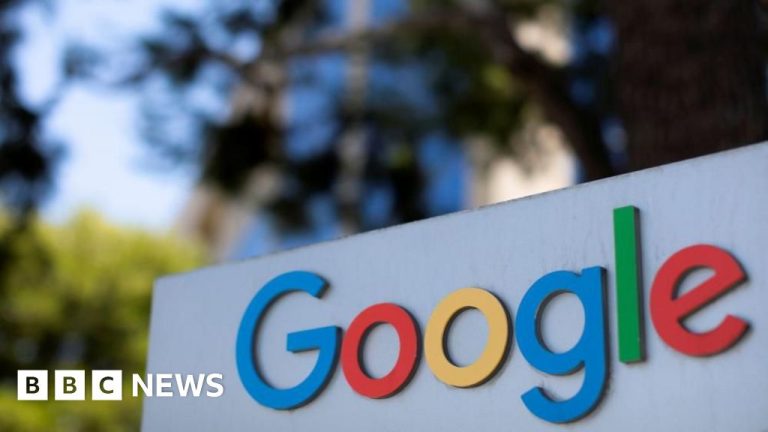The US Department of Justice (DOJ) has proposed a series of remedies aimed at preventing Google from maintaining its monopoly in online search.
In a court filing Wednesday evening, the DOJ said the tech giant should sell its Chrome web browser.
Government lawyers also recommended that District Judge Amit Mehta force the company to stop entering into contracts with companies — including Apple and Samsung — that make its search engine the default on many smartphones and browsers.
The proposed remedies stem from a landmark anticompetitive ruling in August, in which Judge Mehta found that Google had illegally crushed its competition in online search.
The Justice Department was joined in the filing by a group of U.S. states that argued the changes would help open up a monopolized market.
“Restoring competition in the general search and text advertising markets as they exist today will require reactivating the competitive process that Google has long stifled,” the government lawyers wrote.
In response, Google said that with its proposals, the DOJ “has chosen to promote a radical interventionist agenda that would harm Americans and their global technological leadership.”
“The DOJ's extremely broad proposal goes well beyond the Court's decision,” said Kent Walker, president of global affairs at Google.
“It would break a line of Google products – even beyond search – that people love and find useful in their daily lives.”
Google is expected to respond with its own proposed solutions by December 20.
Judge Mehta is expected to issue his decision by summer 2025.
Google's search engine accounts for about 90% of all online searches worldwide, according to web traffic analytics platform Statcounter.
Government lawyers also said that Google's ownership and control of the Chrome browser – as well as the Android operating system – allowed it to direct users to its search engine.
Part of the proposal included banning Chrome from re-entering the browser market for five years.
The DOJ also proposed judicial oversight of Android to ensure the company refrains from using its ecosystem to “promote its general search services and text advertising monopolies.”
The DOJ's complaint against Google was filed in the final months of Donald Trump's first administration.
With the president-elect set to return to the White House on January 20, questions have been raised about whether his new administration would take a different approach to the matter.
“It would be strange if the second Trump administration reversed a lawsuit that it itself brought,” said Rebecca Allensworth, associate dean for research and antitrust professor at Vanderbilt Law School.
Even if Trump sought to stop the case from proceeding, which Professor Allensworth says is unlikely, the states listed as plaintiffs could proceed on their own.
“So given that, they can’t make it go away,” she said. “I think the federal government is going to stick with it, but I think the extent to which they will push and what they will ask for is really uncertain.”
The proposed changes could play an important role in restoring competition to the online search market, according to Professor Laura Phillips-Sawyer of the University of Georgia Law School.
The user data that Google secured because of its search dominance helped “refine Google’s search algorithm and sell text ads,” Professor Phillips-Sawyer said.
“But these contracts also prevent any new entrants seeking to secure a distribution channel, and without a real opportunity to reach consumers, no one will invest in such innovation.”
She said if Mehta accepts the government's proposals, Google's competitors – including new entrants – could have a chance to prosper.

